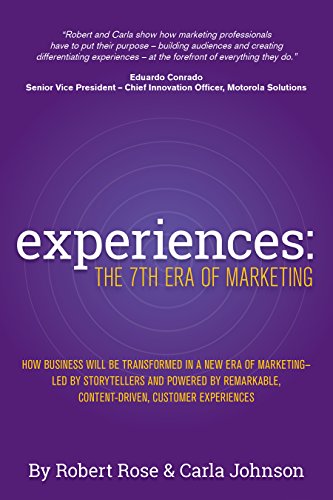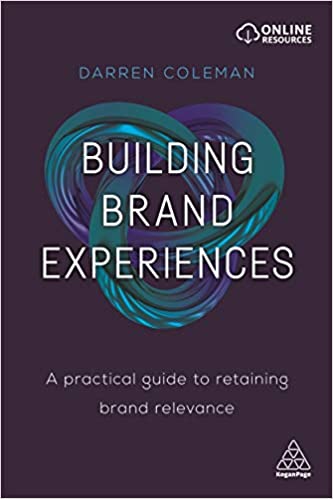Marketing Campaign Strategies for the Real Estate Industry

For a real estate marketing campaign to be successful, it must be well planned and targeted. To begin with, it is important to identify your target audience. Are you trying to reach first-time home buyers or families looking for their forever home or investors? Once you know who you are trying to reach, you can begin to craft a message that will resonate with them.
Next, you need to determine the best way to reach your target audience. Traditional methods such as print ads, TV commercials, and radio spots can be effective, but you may also want to consider online methods such as social media or targeted online ads. Finally, you need to set a budget. Real estate marketing can be expensive, so you need to make sure you have the resources in place to make your campaign a success. By following these steps, you can develop a marketing campaign that will help you achieve your real estate goals.
Audience Profiling
As a realtor, it is essential to understand your target audience. This process is known as audience profiling, and it involves identifying the characteristics of your ideal customer. This information can then be used to create targeted marketing campaigns that are more likely to succeed.
There are several ways to profile your audience. One common method is to create customer personas. This involves developing detailed profiles of your ideal customer based on information such as age, location, and interests. Another approach is to segment your audience into groups, based on factors such as demographics or purchasing behavior.
Whichever approach you choose, audience profiling can be a powerful tool for increasing your marketing ROI. By taking the time to understand your target audience, you can create campaigns that are more likely to resonate with them, resulting in improved results.
Key Messaging
Key messaging is essential for any organization that wants to communicate effectively with its target audience. By developing a clear and concise message, you can ensure that your audience understands your mission and vision. At the same time, key messaging can also help to differentiate your organization from its competition.
By tailoring your message to your specific target audience, you can make sure that your message resonates with your audience and stand out from the noise of the marketplace. In today’s increasingly competitive landscape, key messaging can be a powerful tool for any organization that wants to be heard.
Marketing Budget
The marketing budget is one of the most important aspects of your business. It is what allows you to reach your target audience and promote your product or service. Marketing budgets can vary greatly, depending on the size and scope of the business. Small businesses may have a marketing budget of only a few thousand dollars, while large businesses may have budgets that exceed millions of dollars.
When developing a marketing budget, you must first consider your marketing goals. What are you hoping to achieve with your marketing campaign? Once you have determined your goals, you can begin to allocate funds to a specific area. For example, you may allocate a certain percentage of your budget to online marketing, print advertisements, or television commercials depending on your targeted audience.




